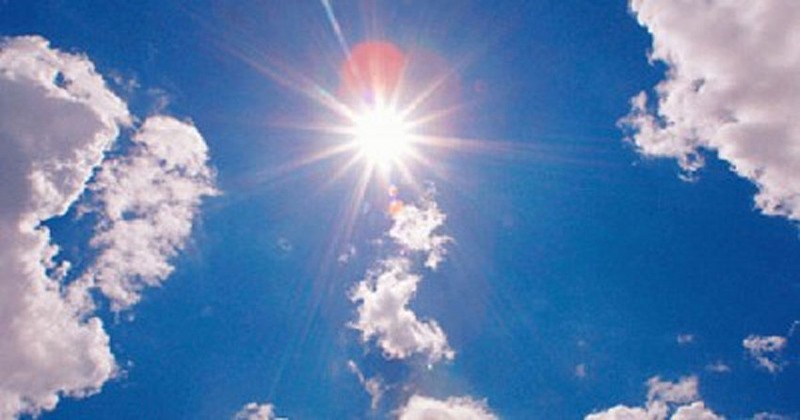Extreme heat during summer can pose serious health risks if proper precautions are not taken. In countries like Bangladesh and other tropical regions, temperatures can soar above 40°C (104°F), causing dehydration, heat exhaustion, and even heatstroke. Here’s a practical guide to staying healthy and comfortable during heatwaves.
1. Stay Hydrated Throughout the Day
One of the most crucial heat safety tips is staying hydrated. Drink at least 8-10 glasses of water daily. To replenish lost electrolytes, occasionally drink oral saline solutions or homemade drinks like lemon-salt water. Avoid sugary sodas and caffeinated drinks, as they can increase dehydration.
2. Wear Light and Breathable Clothing
Choose light-colored, loose-fitting, cotton clothing that allows your body to breathe. Dark-colored clothes absorb more heat, making you feel hotter. Natural fabrics like cotton or linen are ideal for hot climates.
3. Avoid Direct Sun Exposure
The sun is strongest between 11 AM and 4 PM. Avoid going outdoors during these hours if possible. If you must go out, wear sunglasses, a wide-brimmed hat or carry an umbrella. Apply sunscreen to prevent sunburn.
4. Eat Light and Balanced Meals
Heavy, oily, and spicy foods can increase body heat and cause indigestion. Stick to light, easy-to-digest meals. Include more fruits and vegetables with high water content such as watermelon, cucumber, and oranges. Coconut water and lemon drinks are also great for staying cool.
5. Get Enough Rest and Sleep
Hot weather can leave your body exhausted. Make sure to get 6–8 hours of quality sleep every night and take short breaks during the day to rest. Proper sleep boosts your immune system and reduces stress levels.
6. Keep Your Living Space Cool
If air conditioning isn’t available, keep your windows open at night and use curtains to block direct sunlight during the day. Pouring water on the roof or floors in the evening can help reduce indoor temperatures. Use fans or coolers to circulate air.
7. Watch for Signs of Heat Stroke
Heat stroke is a serious condition caused by extreme body temperature rise. Symptoms include dizziness, nausea, dry skin (no sweating), and fainting. If you notice these signs, move the person to a cooler place, apply a wet cloth to their body, and seek medical help immediately.
8. Special Care for Children and the Elderly
Children and the elderly are more vulnerable to heat-related illnesses. Ensure they drink plenty of fluids, eat properly, and stay in a cool environment. Monitor their health regularly during heatwaves.
Summer heat is unavoidable, but with awareness and preparation, you can protect yourself and your loved ones from its adverse effects. Focus on hydration, proper clothing, and balanced meals. Be mindful of heat stroke symptoms and help others stay safe too.

